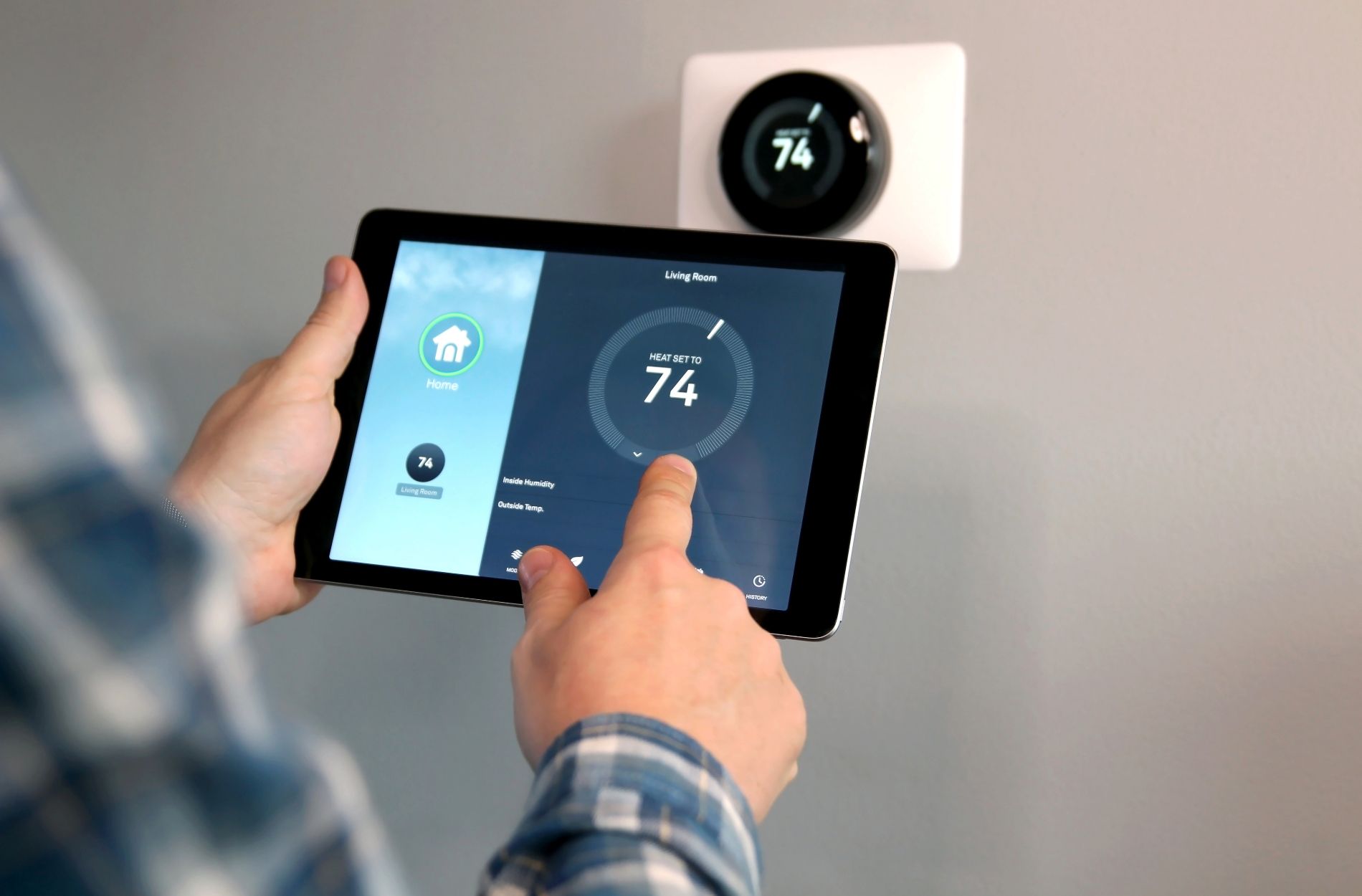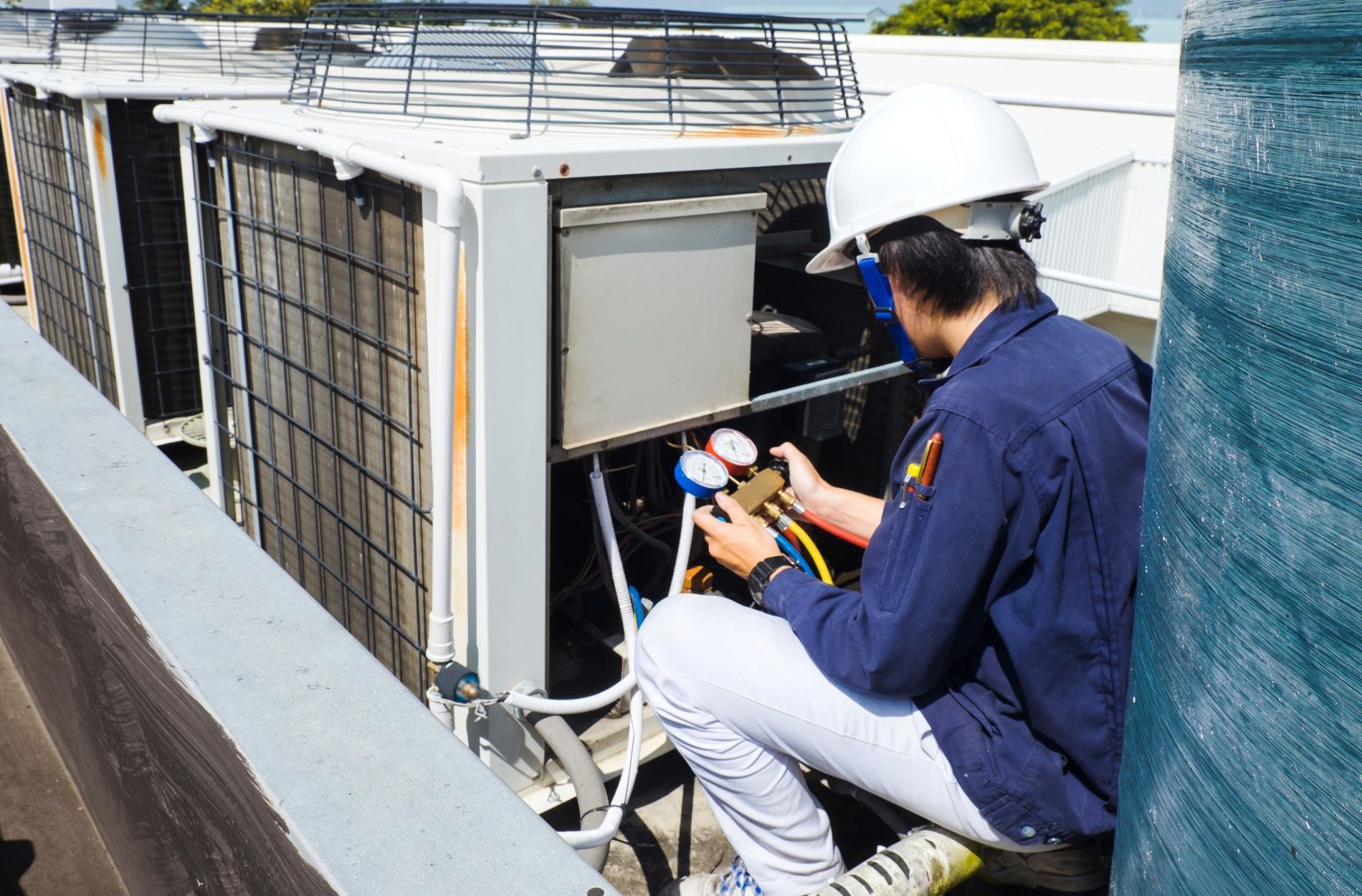Efficient Heating Solutions: Finding the Best Furnace for Your Needs
As the cold season approaches, ensuring your home is equipped with a reliable and efficient furnace becomes a top priority. Knowing which furnace to choose can be daunting given the various types available on the market, each suited to different needs and preferences. We believe that understanding these options can significantly ease your decision process and ensure you get a heating solution that not only keeps your home warm but also manages energy costs effectively.
In our commitment to help you make informed heating choices, we will explore different types of furnaces and what makes each unique. We also highlight how to assess your home’s specific heating requirements. Recognizing these needs plays a crucial role in identifying the most suitable furnace type. Additionally, we delve into the crucial aspects of furnace efficiency and the long-term benefits of selecting a model that optimizes energy consumption. This approach not only contributes to environmental stewardship but also reduces monthly bills.
Every home deserves a furnace that aligns with its comfort goals and budget constraints. By the end of this discussion, you'll have a clearer pathway toward choosing a heating system that fits seamlessly into your lifestyle, ensuring warmth throughout the winter months. Let's explore how to navigate this essential decision with confidence.
Understanding Different Types of Furnaces
Choosing the right furnace for your home begins with understanding the different types available on the market. There are primarily three types of furnaces that we offer, each utilizing different energy sources: gas, electric, and oil. Gas furnaces are known for their efficiency and are the most common choice among homeowners due to their cost-effectiveness and reliable heating capabilities. Electric furnaces, while often more expensive to operate, provide an excellent option for homes without natural gas lines. They are also known for quieter operations and typically have a longer lifespan. Lastly, oil furnaces are an option in areas where oil is more economically feasible than gas and provide strong heat output, which is ideal for colder climates.
Each type of furnace has its own set of benefits and considerations, including installation complexity, maintenance needs, and overall cost implications. When we work with you, our aim is to match the right type of furnace to both your budget and your environmental conditions to ensure optimal comfort and efficiency.
Assessing Your Home’s Heating Requirements
To determine the best furnace for your needs, we start by assessing your home’s specific heating requirements. This involves a thorough analysis of several factors, including your home’s square footage, the local climate, your existing insulation quality, and even your personal preferences for temperature settings. We also take into consideration any unique characteristics of your home that might affect heating efficiency, such as high ceilings, large windows, and the presence of multiple floors.
This assessment enables us to recommend a furnace that not only fits within your budget but also is perfectly sized for your home. An improperly sized furnace can lead to various problems, such as inefficient heating, higher utility bills, and undue strain on the furnace components, leading to more frequent repairs. This is why we take the time to ensure our recommendation is tailored specifically to your home, guaranteeing efficient and effective heating.
Comparing Furnace Efficiency and Energy Costs
Efficiency is a key factor when it comes to choosing a furnace, as it directly impacts your energy costs and environmental footprint. Furnaces are rated by their Annual Fuel Utilization Efficiency (AFUE) percentages, which measure how well the furnace converts fuel into heat. An AFUE of 90 means that 90% of the energy in the fuel becomes heat for the home, while the remaining 10% escapes. The higher the AFUE rating, the more efficient the furnace is, leading to potentially lower heating bills.
We help homeowners understand this efficiency to identify which furnace models are most cost-effective over time. Though more efficient furnaces might have a higher initial cost, the savings on fuel bills can offset this over the years. This is particularly important in regions with harsh winters where heating demands are higher. By comparing these models in detail, we assist you in making an informed decision that balances both immediate costs and long-term savings.
Key Features to Look for When Selecting a Furnace
Selecting the right furnace goes beyond just understanding types and evaluating efficiency. There are several features you should consider to ensure you get the most out of your investment. First, look for a furnace that offers variable-speed blowers. These adjust the speed at which the air is circulated, improving comfort and efficiency. Another important feature is a programmable thermostat, which can significantly reduce energy usage by adjusting heating times according to your schedule.
We also recommend considering furnaces with a sealed combustion unit. These are safer and more efficient as they take air directly from the outside, protecting indoor air quality and improving heating efficiency. Lastly, check for units that have earned the ENERGY STAR certification, which signifies that the furnace meets strict energy efficiency guidelines set by the U.S. Environmental Protection Agency.
Conclusion
Choosing the right furnace is crucial not only for ensuring your comfort during the colder months but also for managing your home’s energy efficiency and operational costs. With detailed information on furnace types, efficiency ratings, and essential features, we aim to empower you with the knowledge to make an informed choice that suits your specific needs.
At Anytime Heating & Air, we are committed to helping you navigate the complexities of HVAC systems with ease. Our team of dedicated professionals offers tailored advice, high-quality installation services, and expert
furnace repairs. If you're considering a new furnace, need guidance on your current heating solutions, or require furnace repairs, get in touch with us today.


